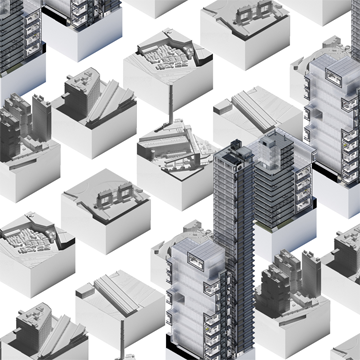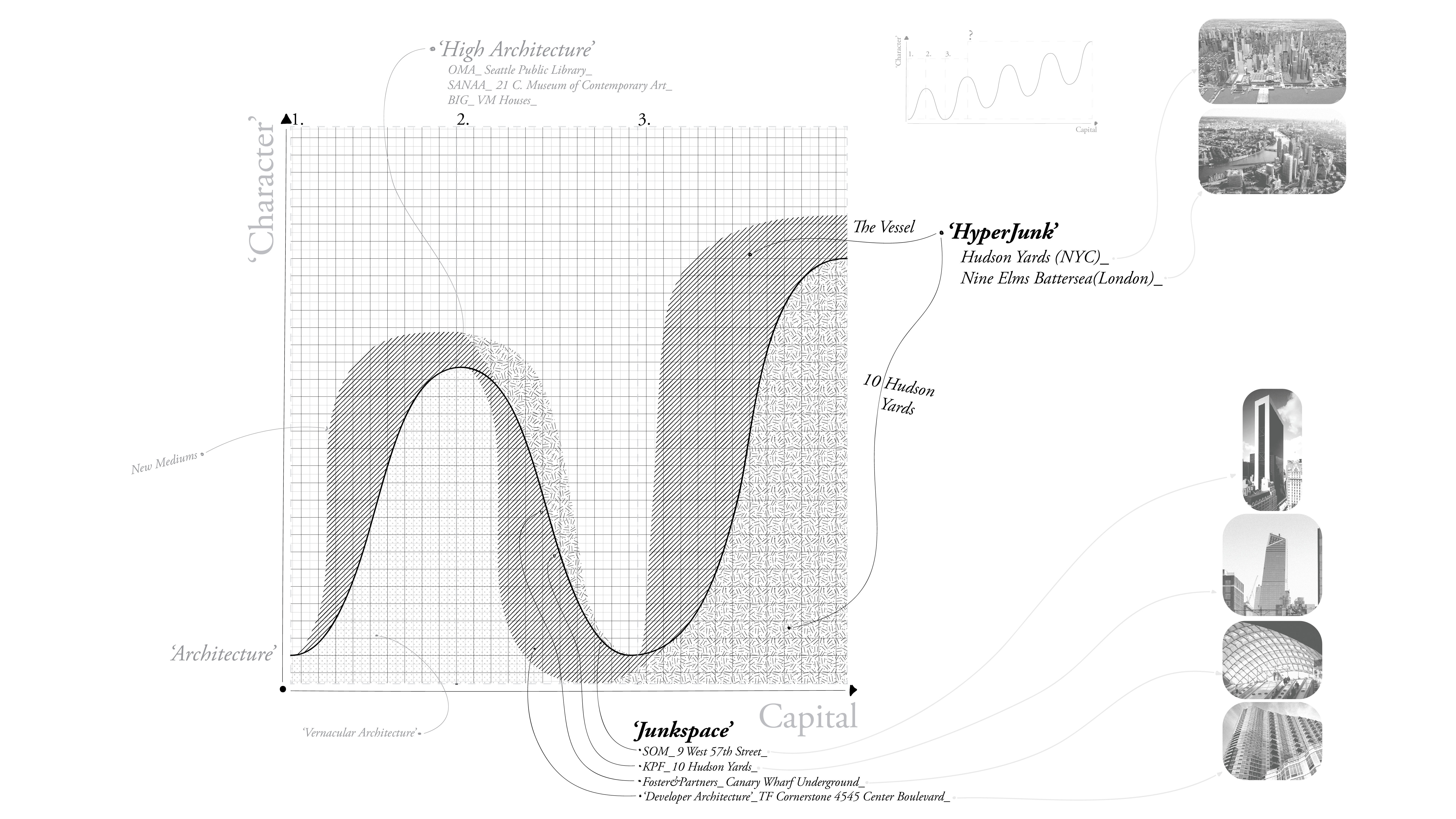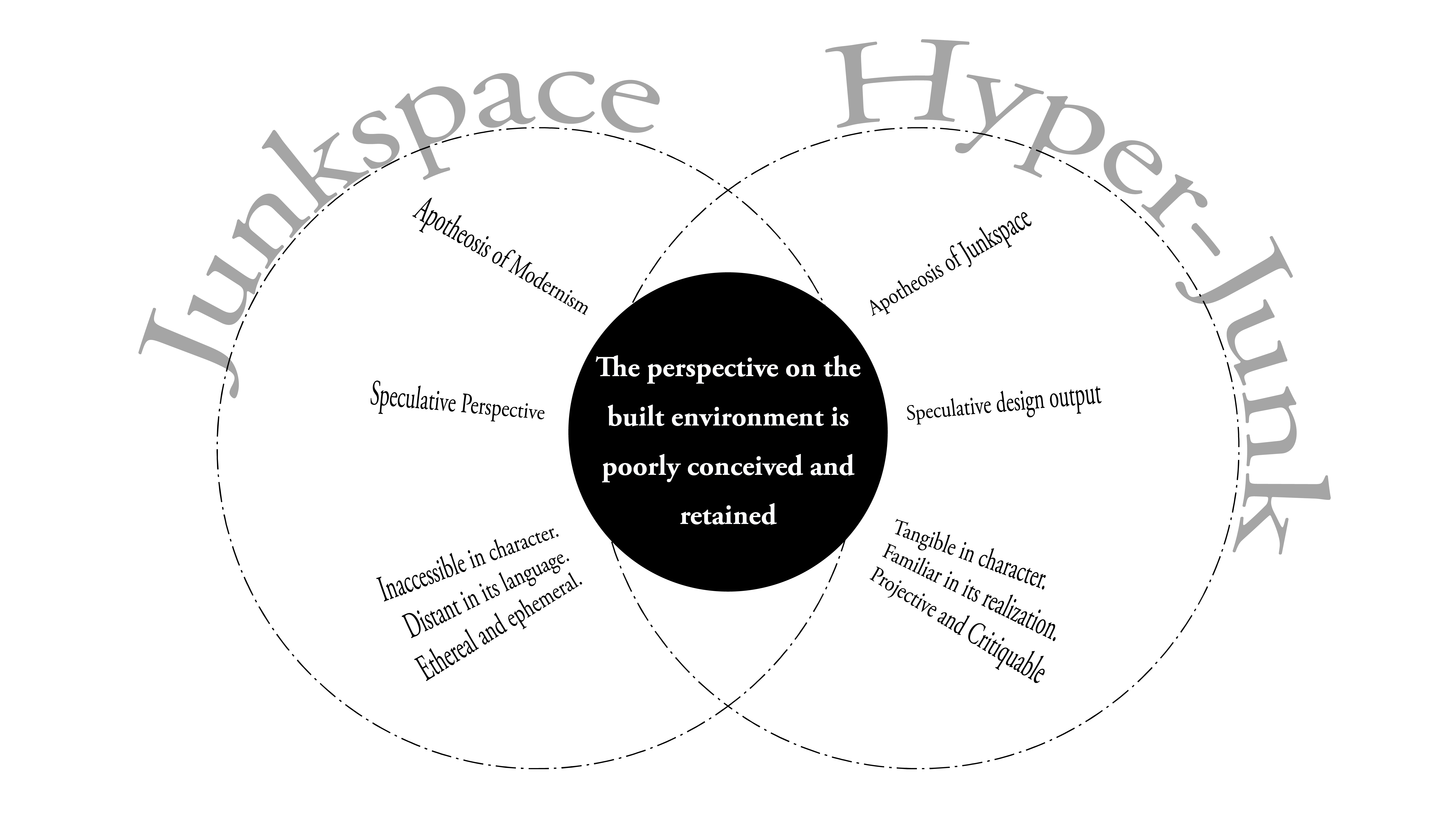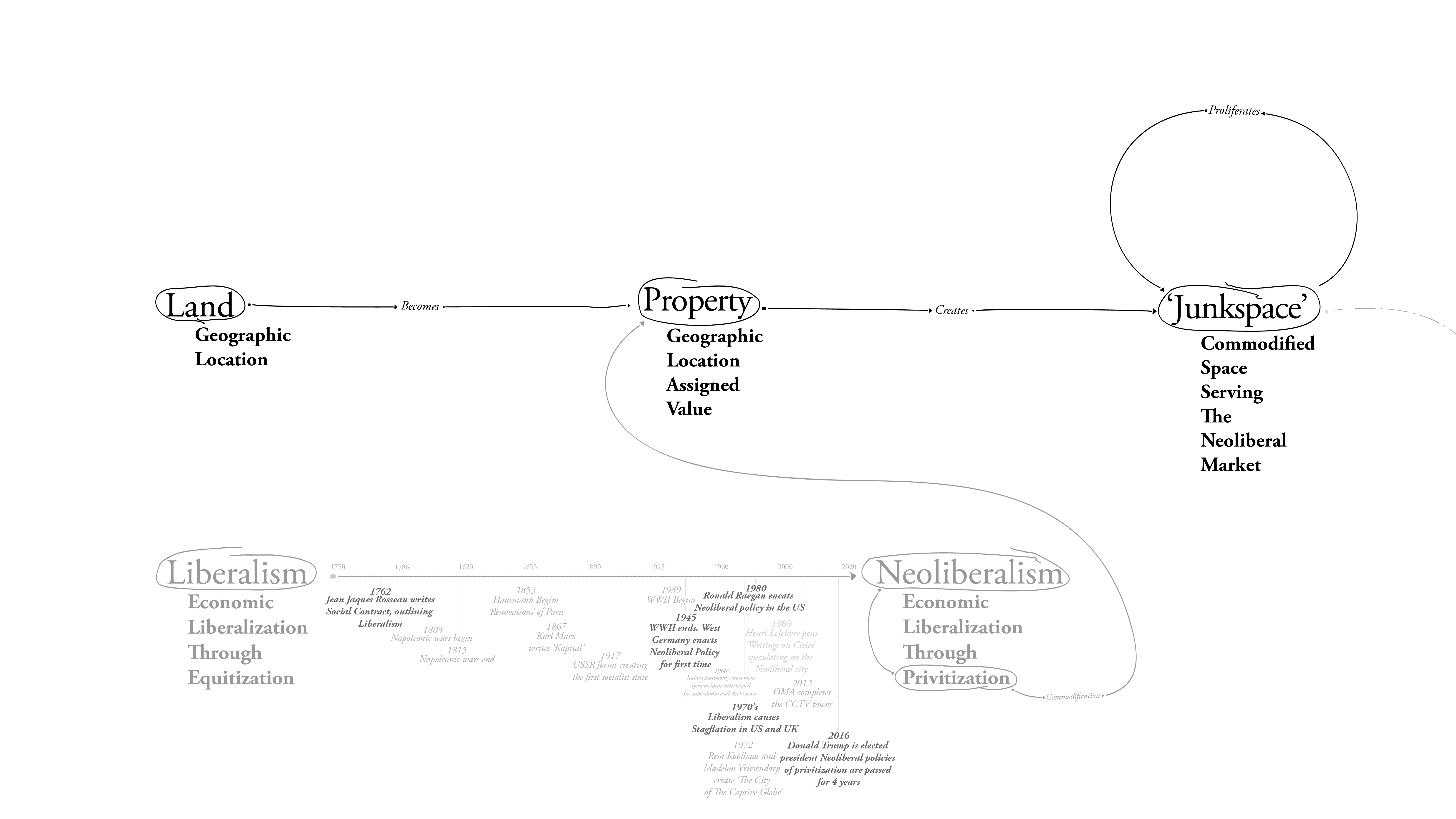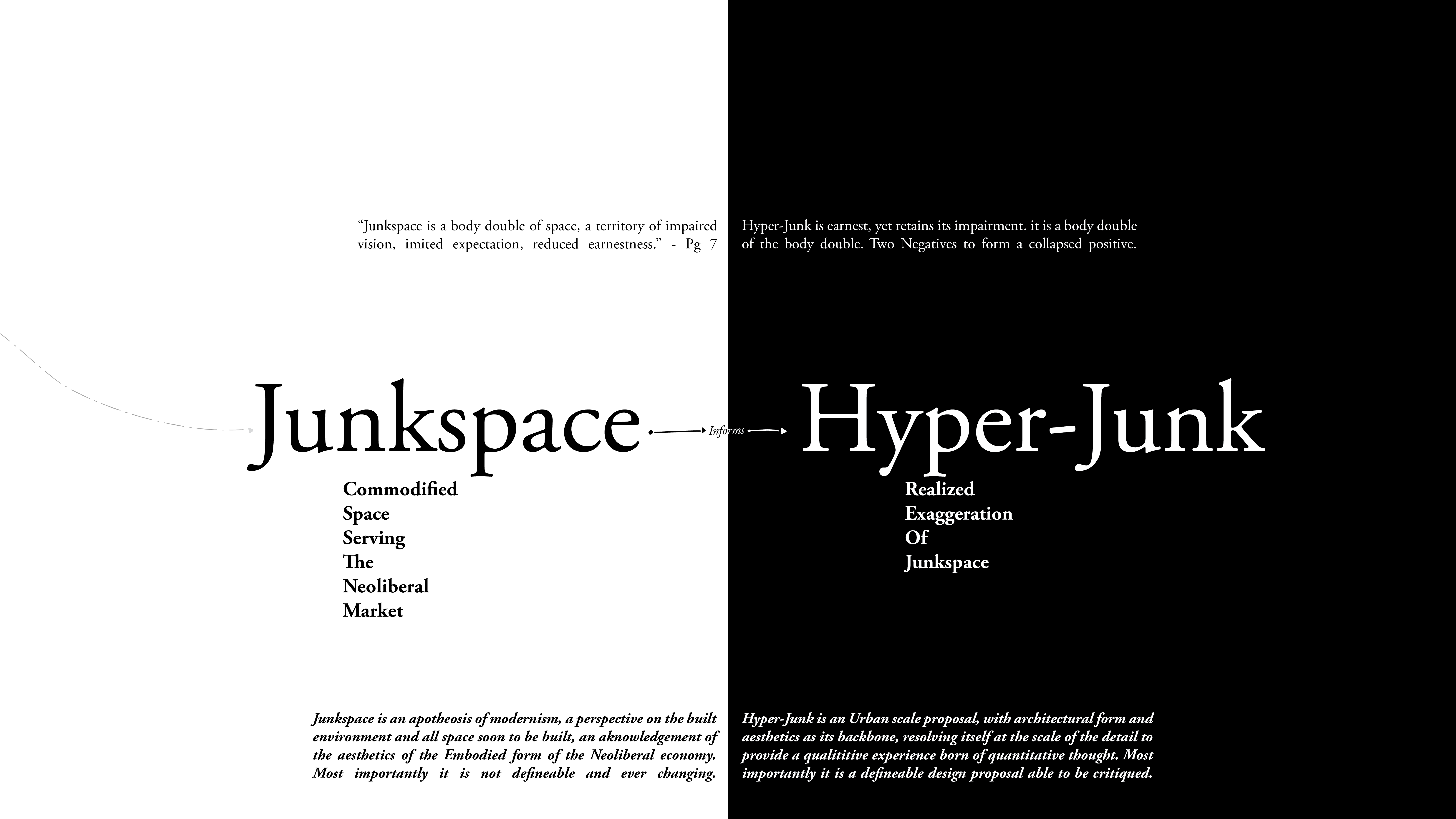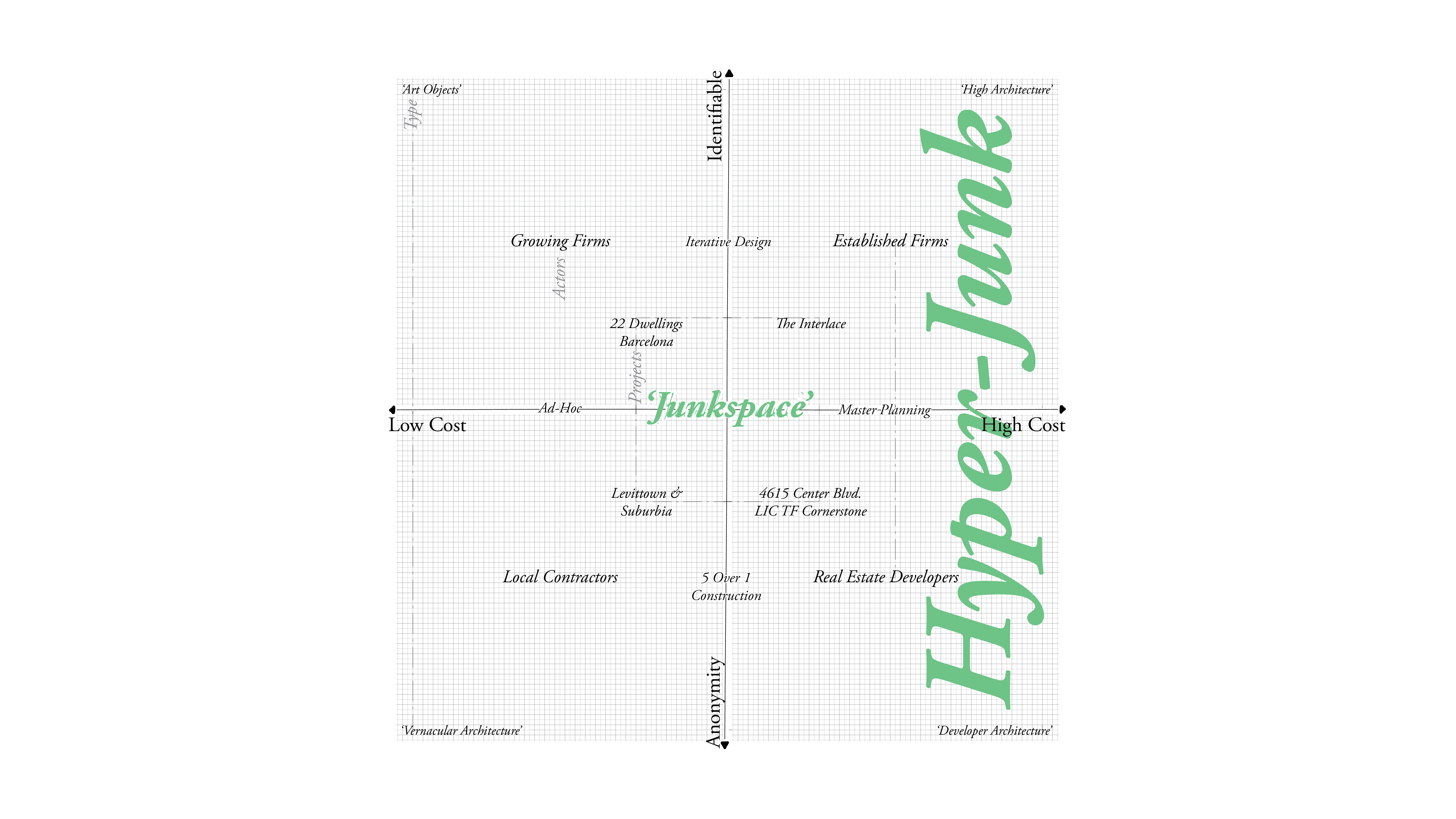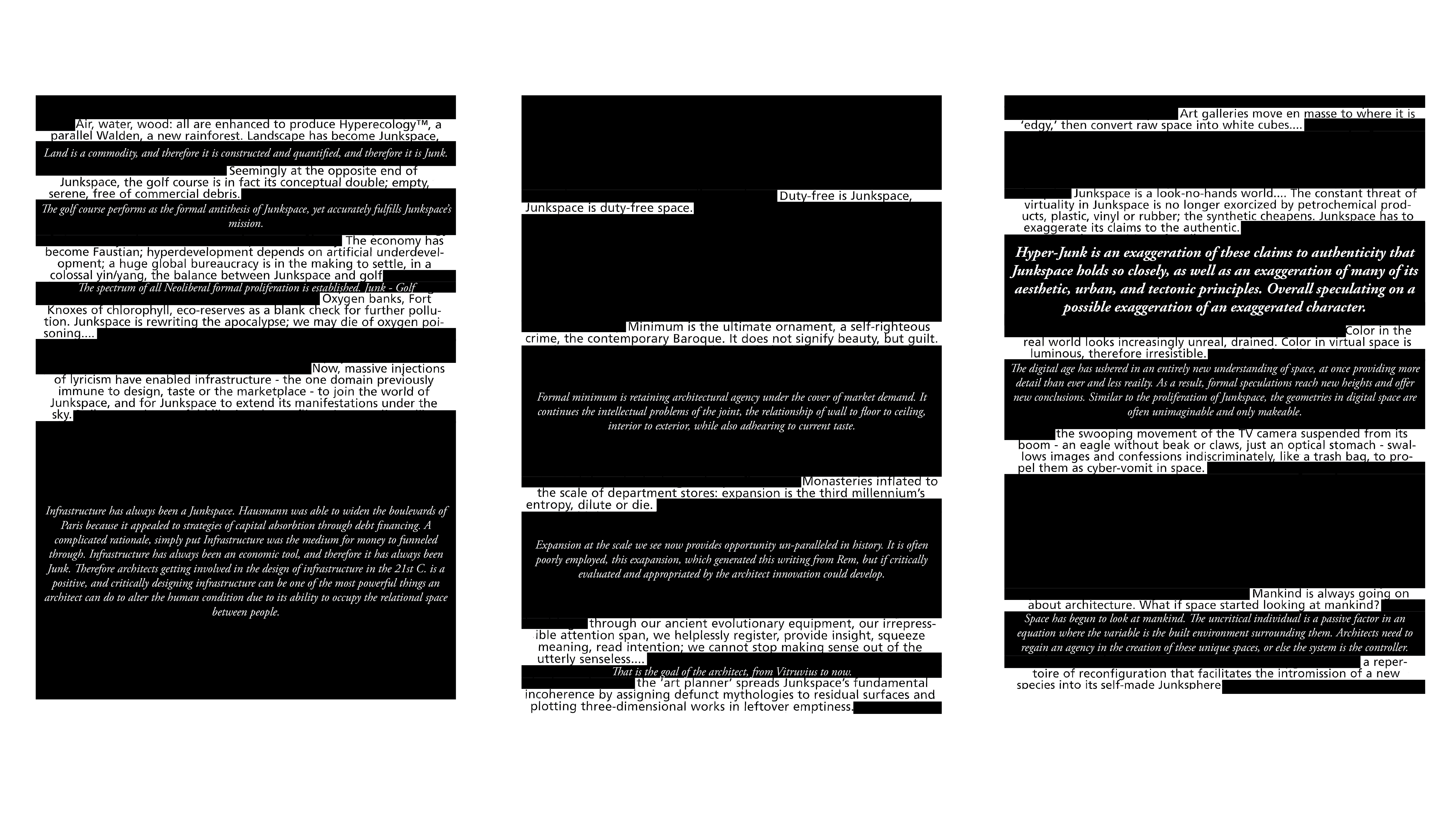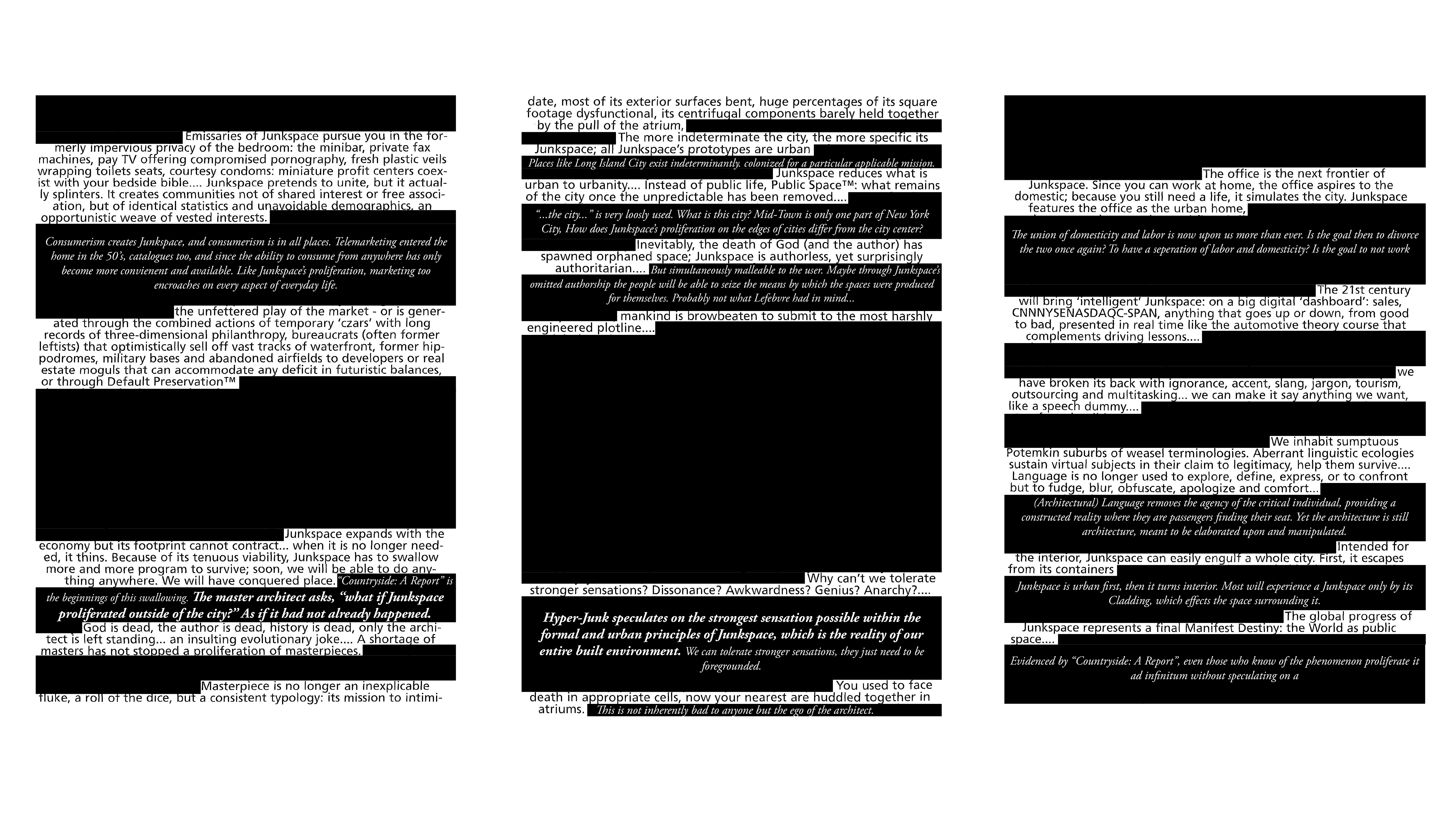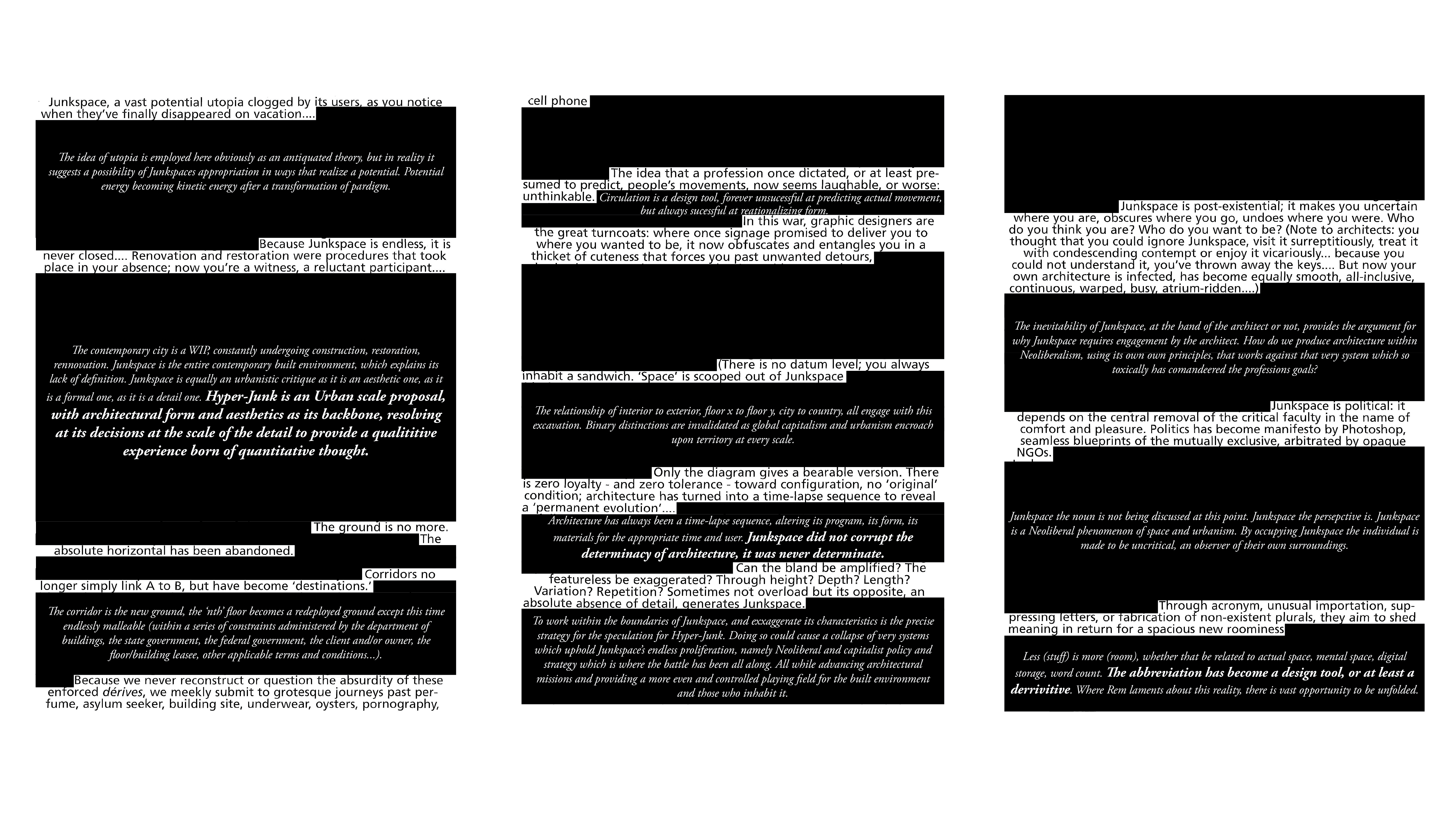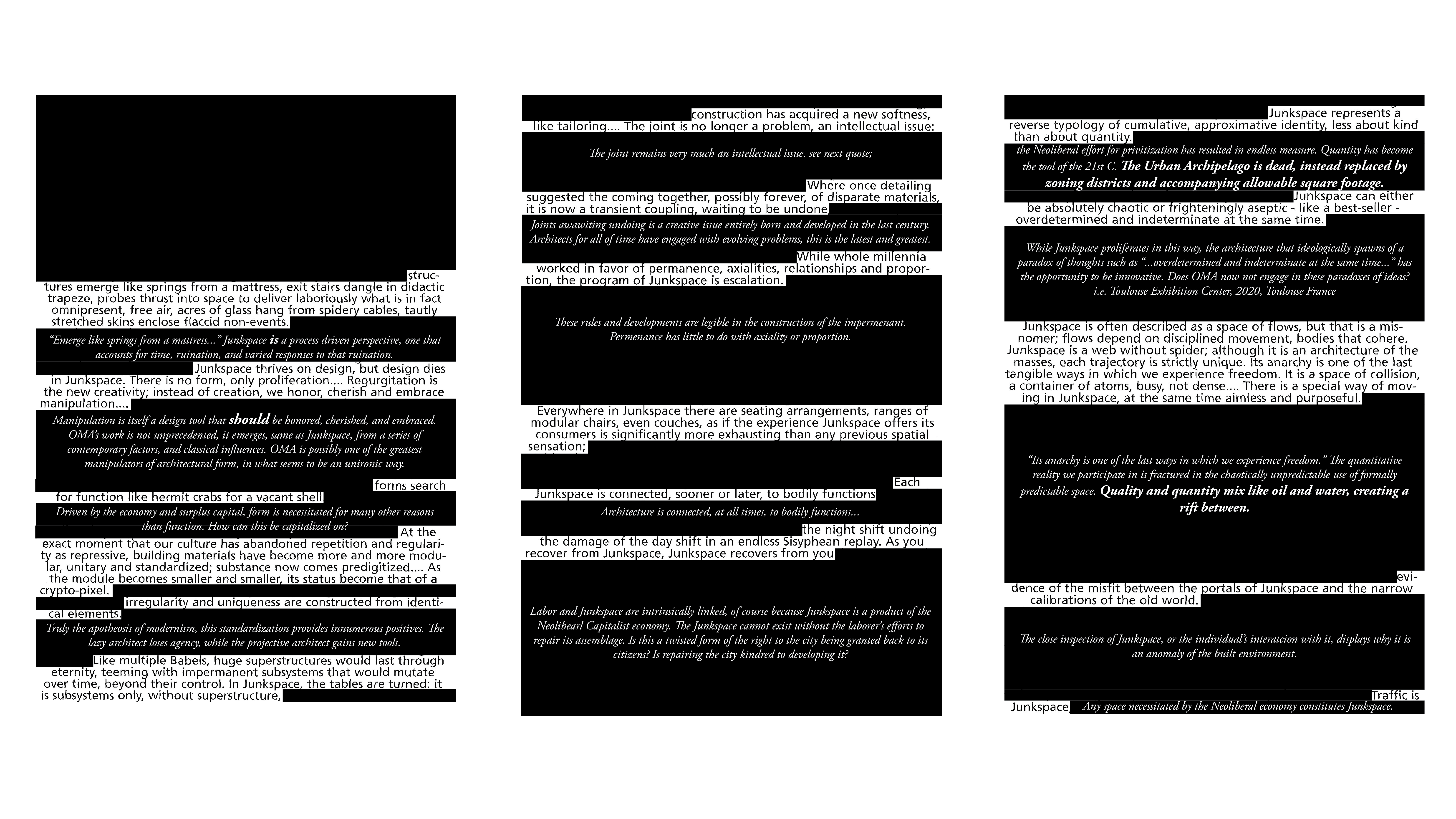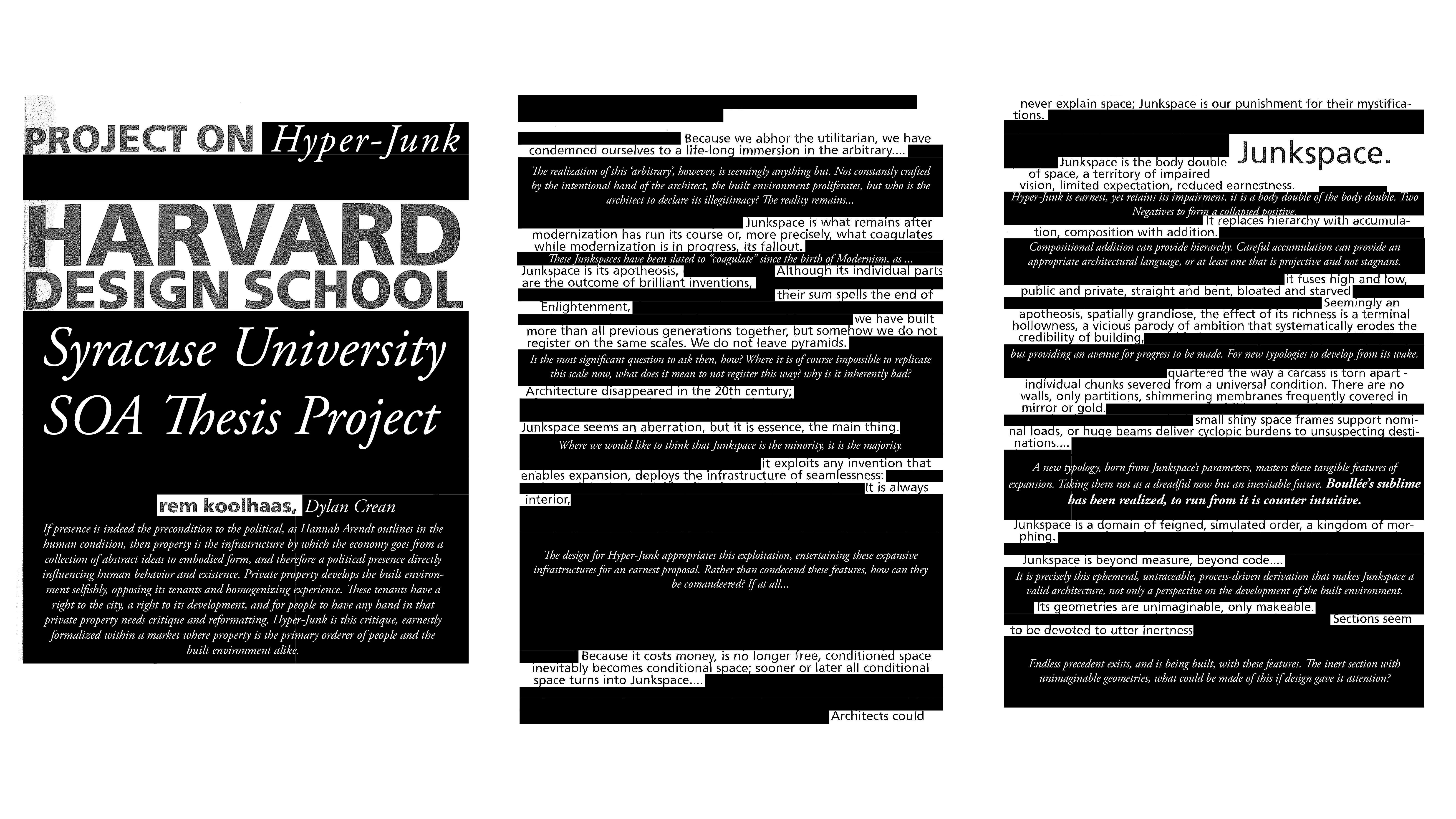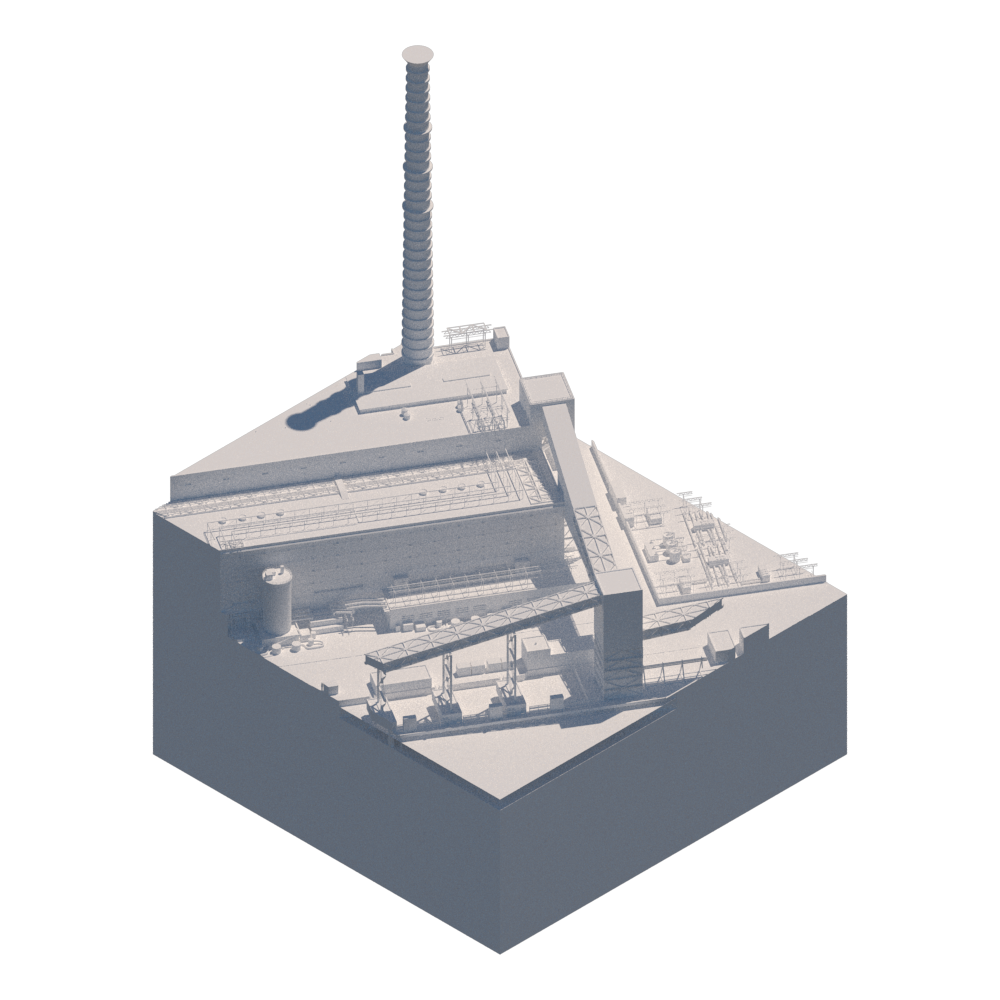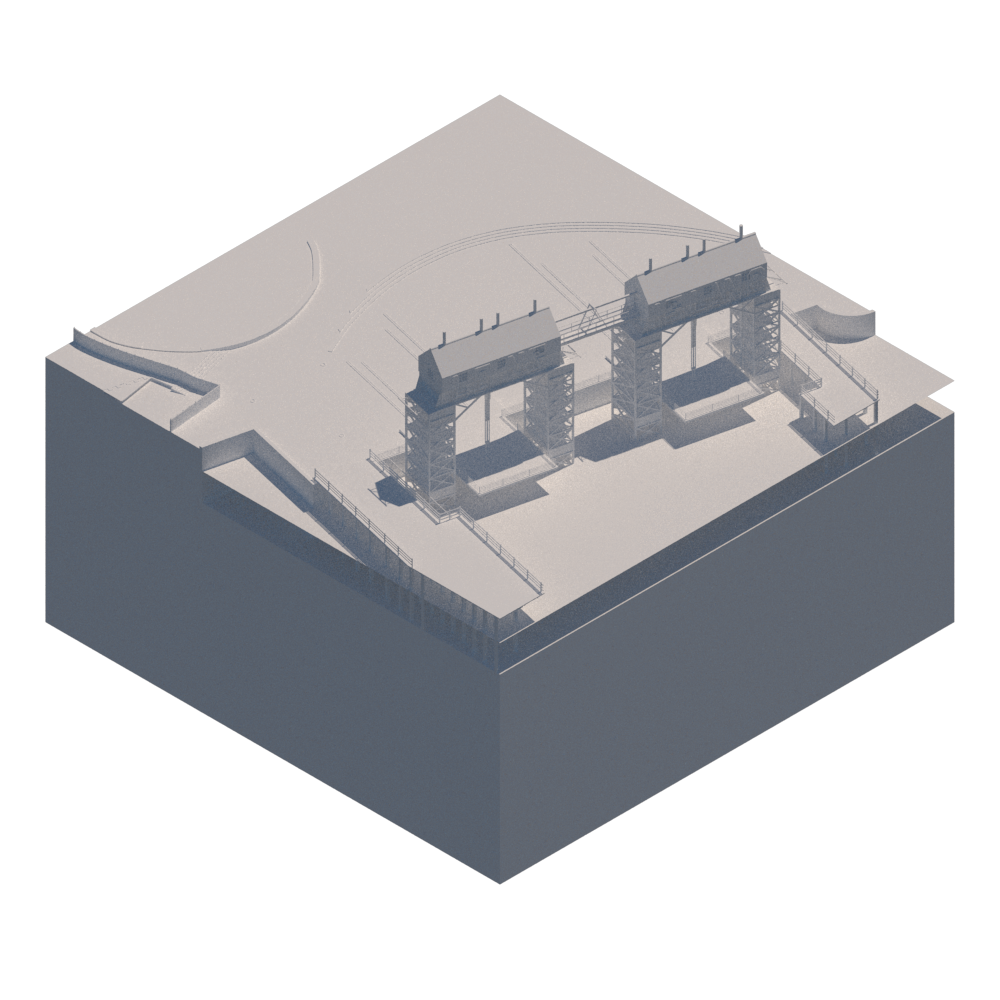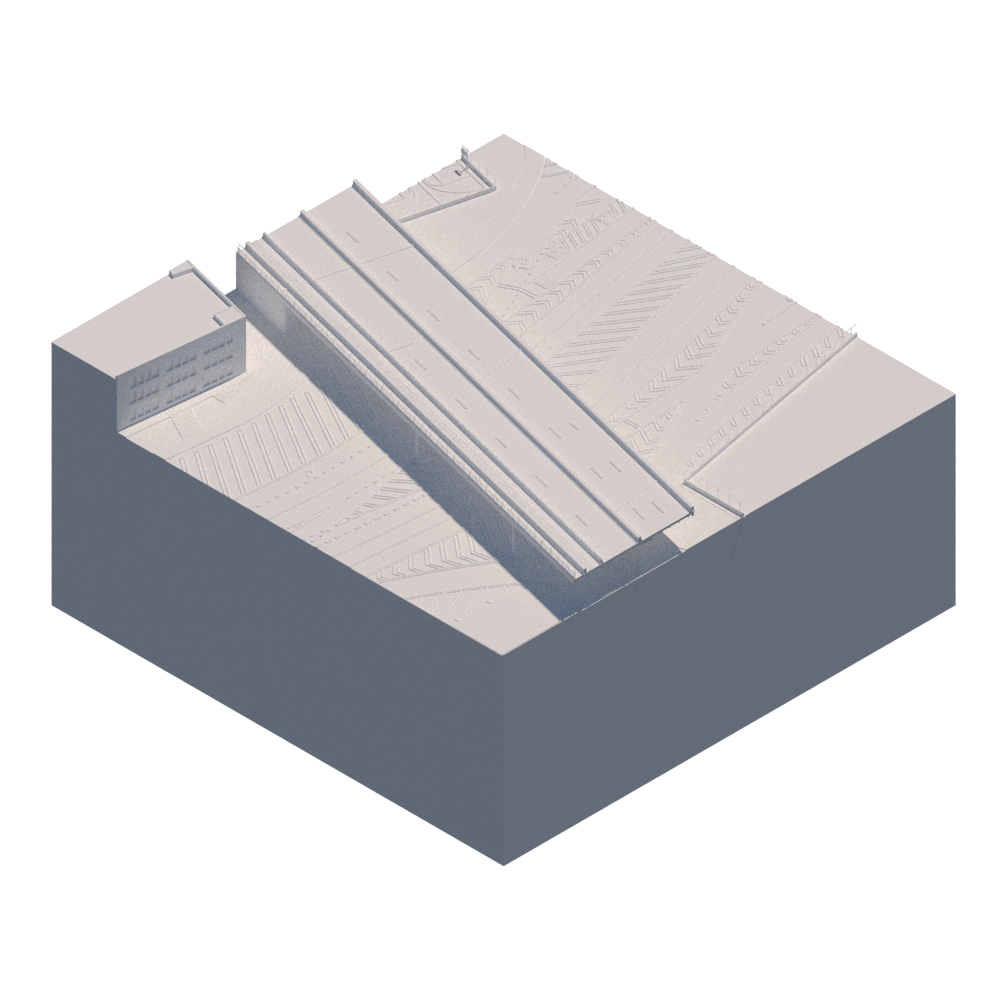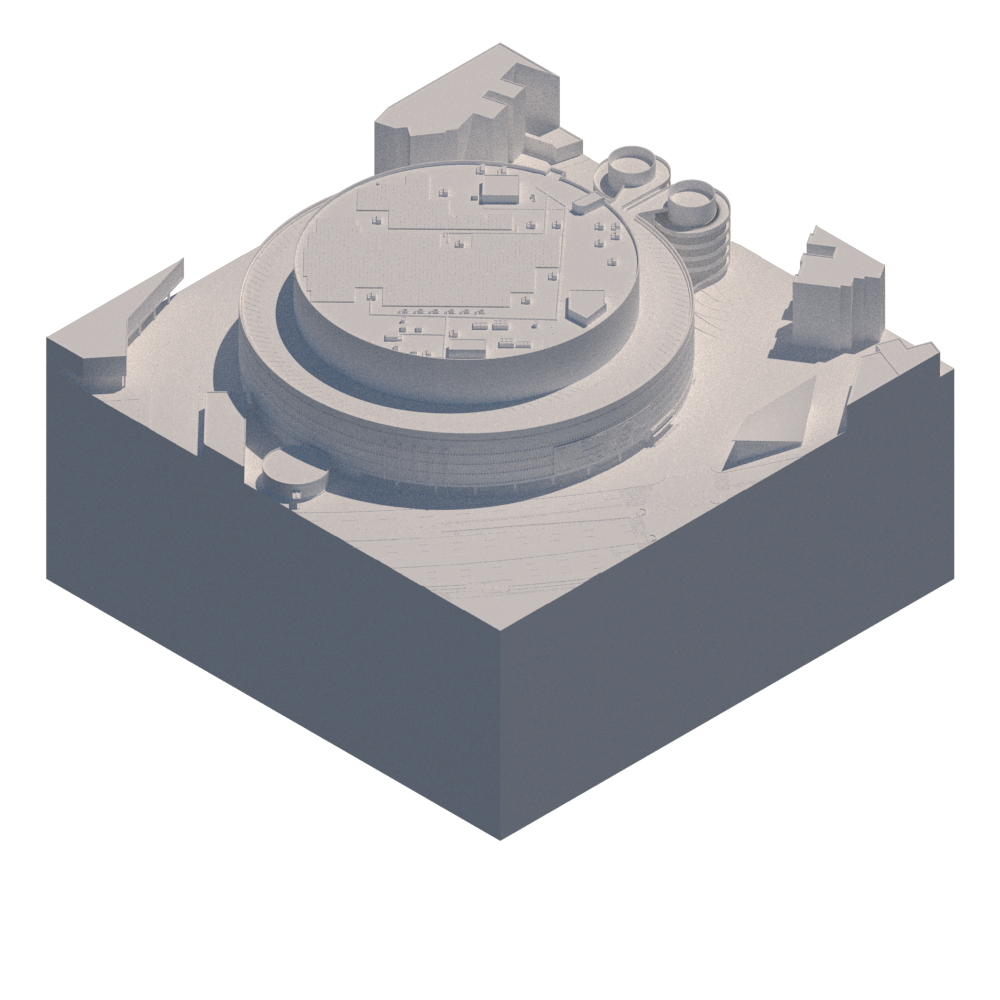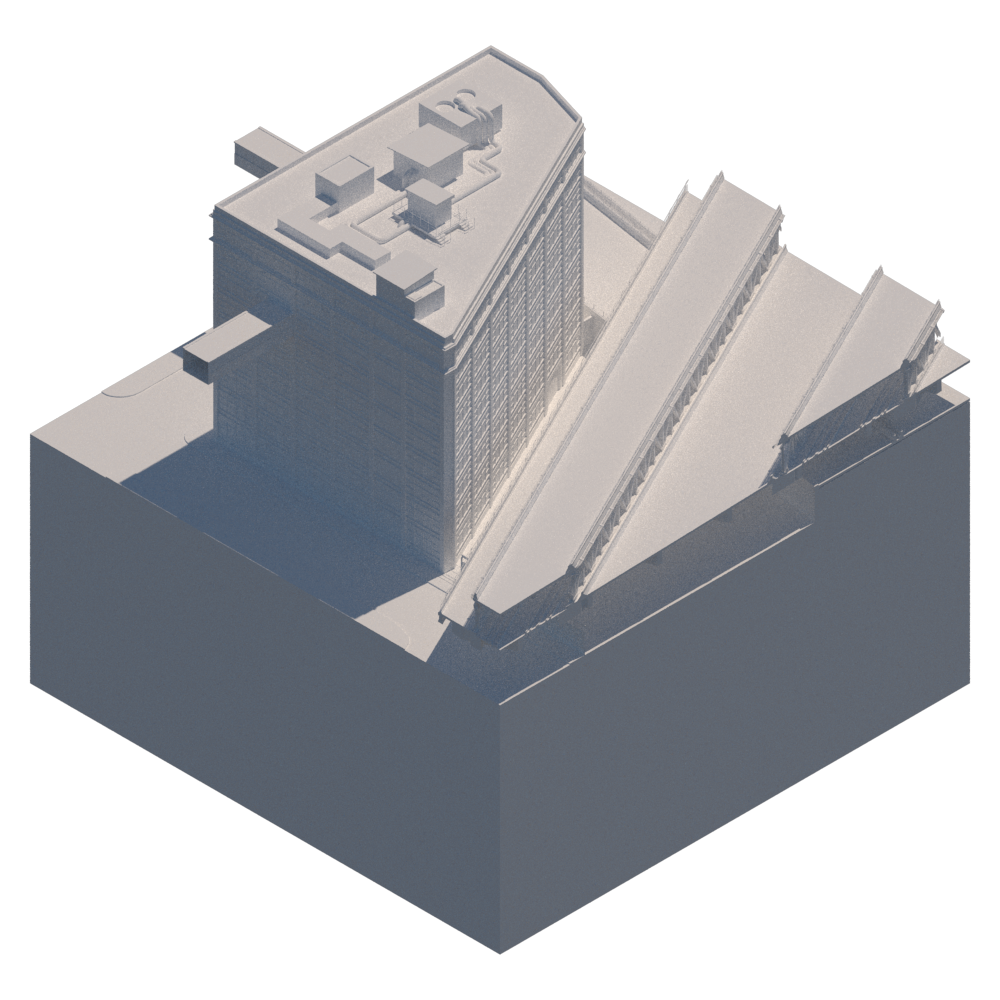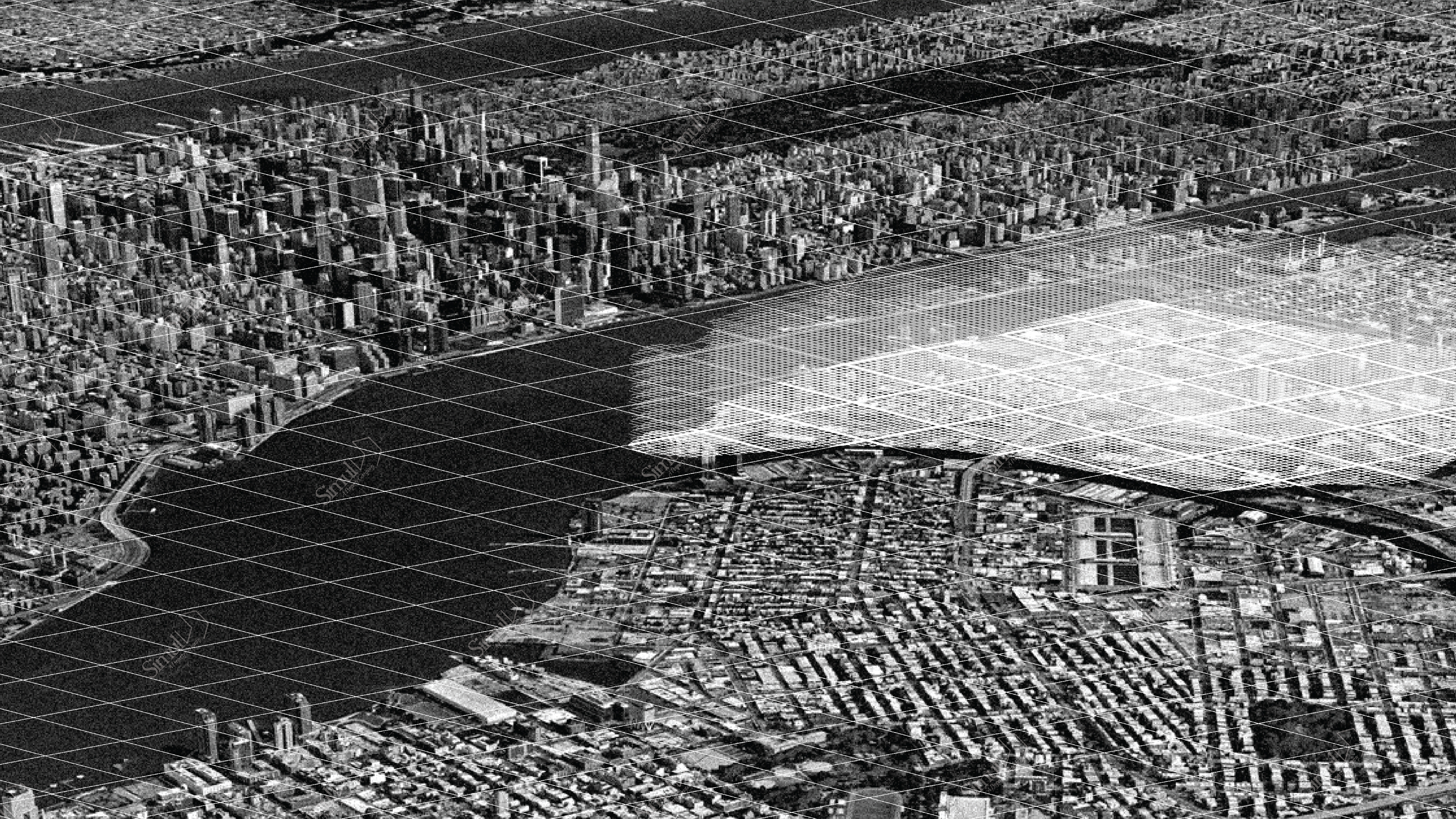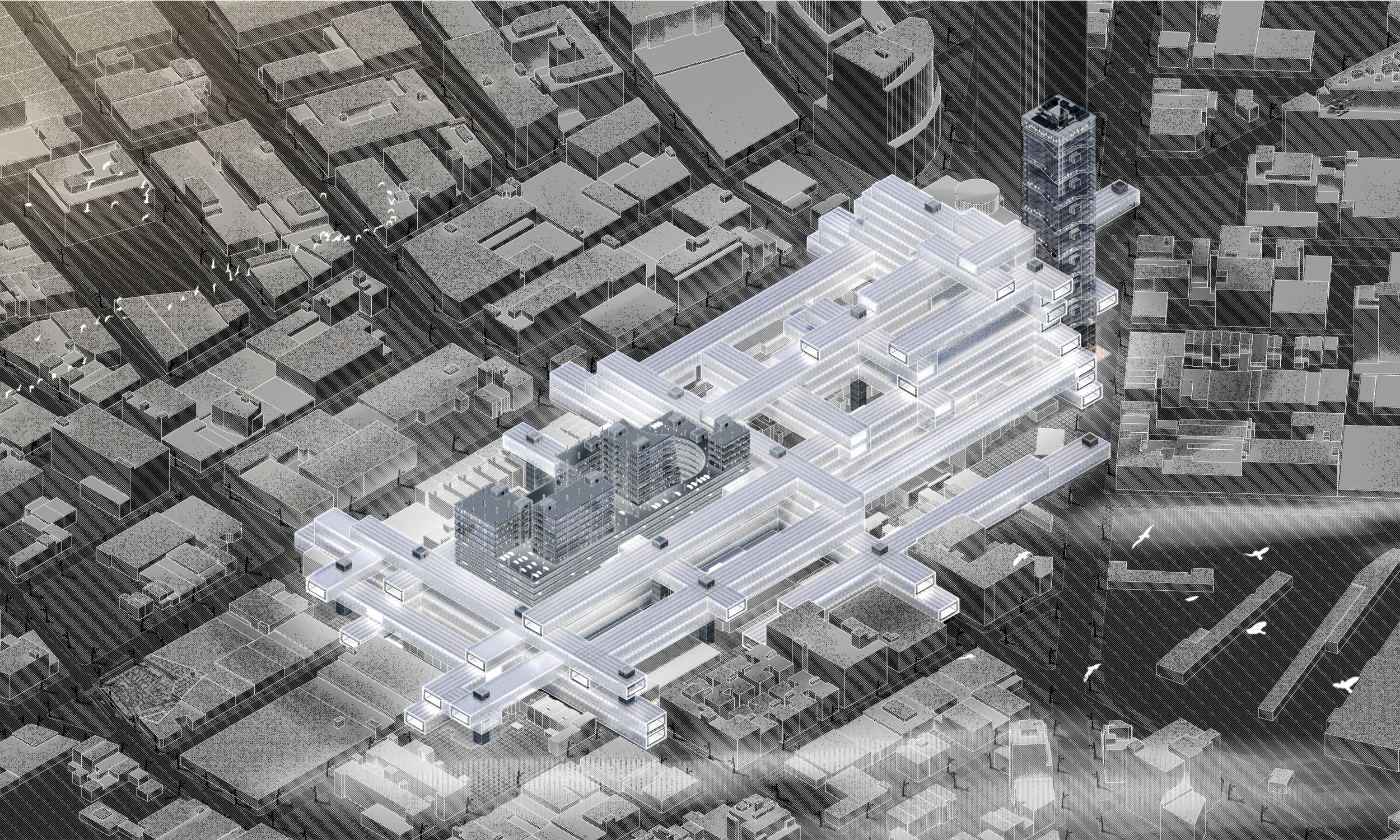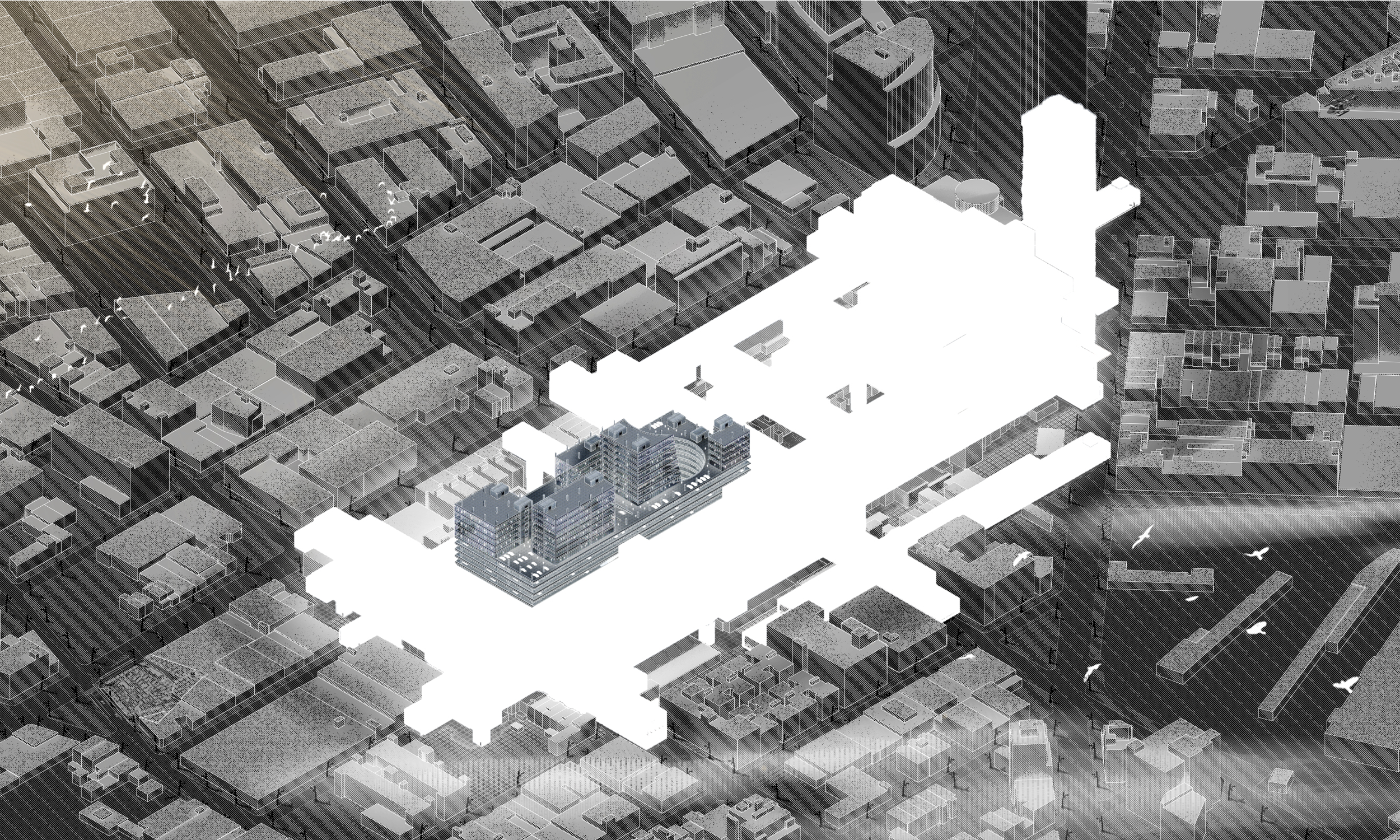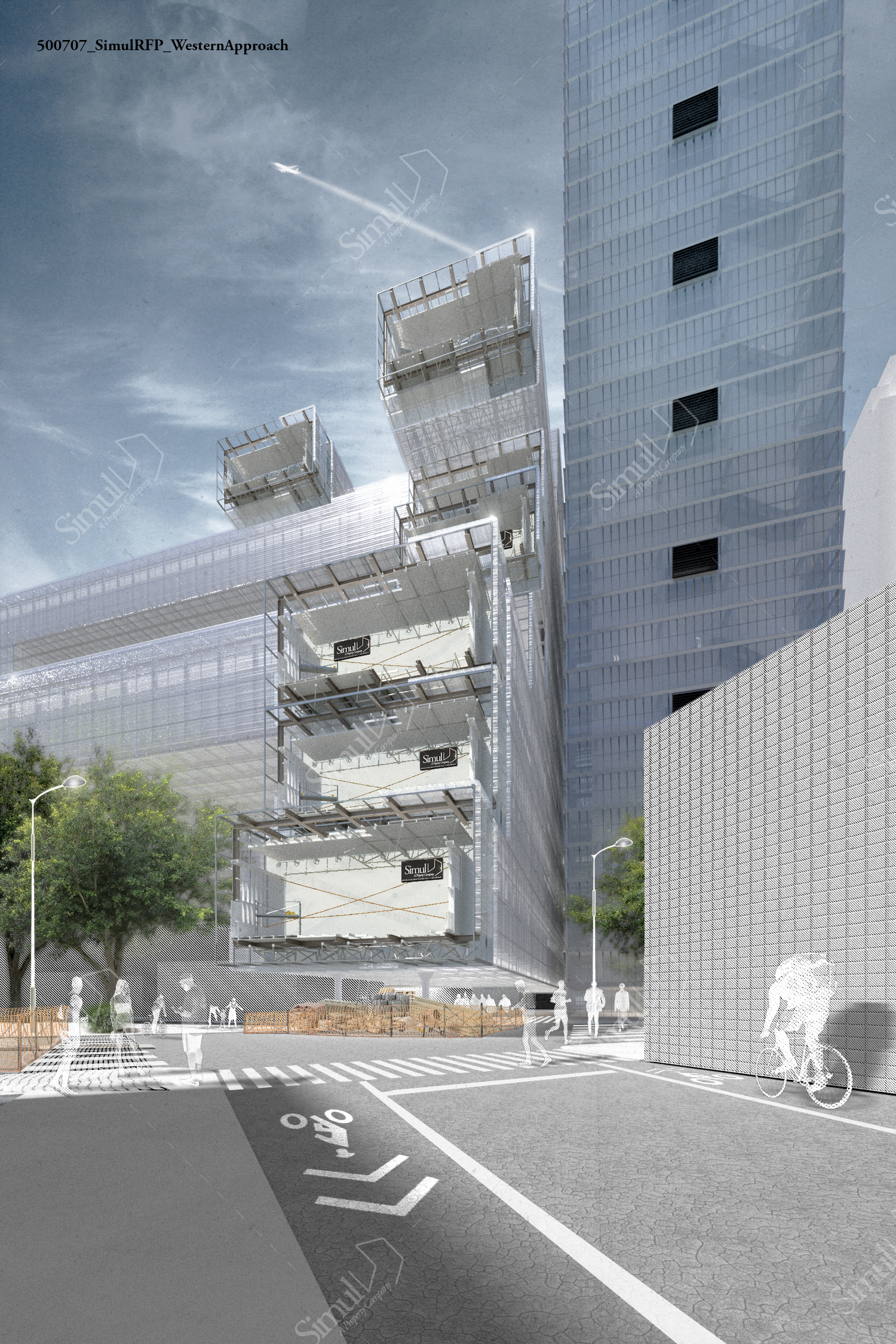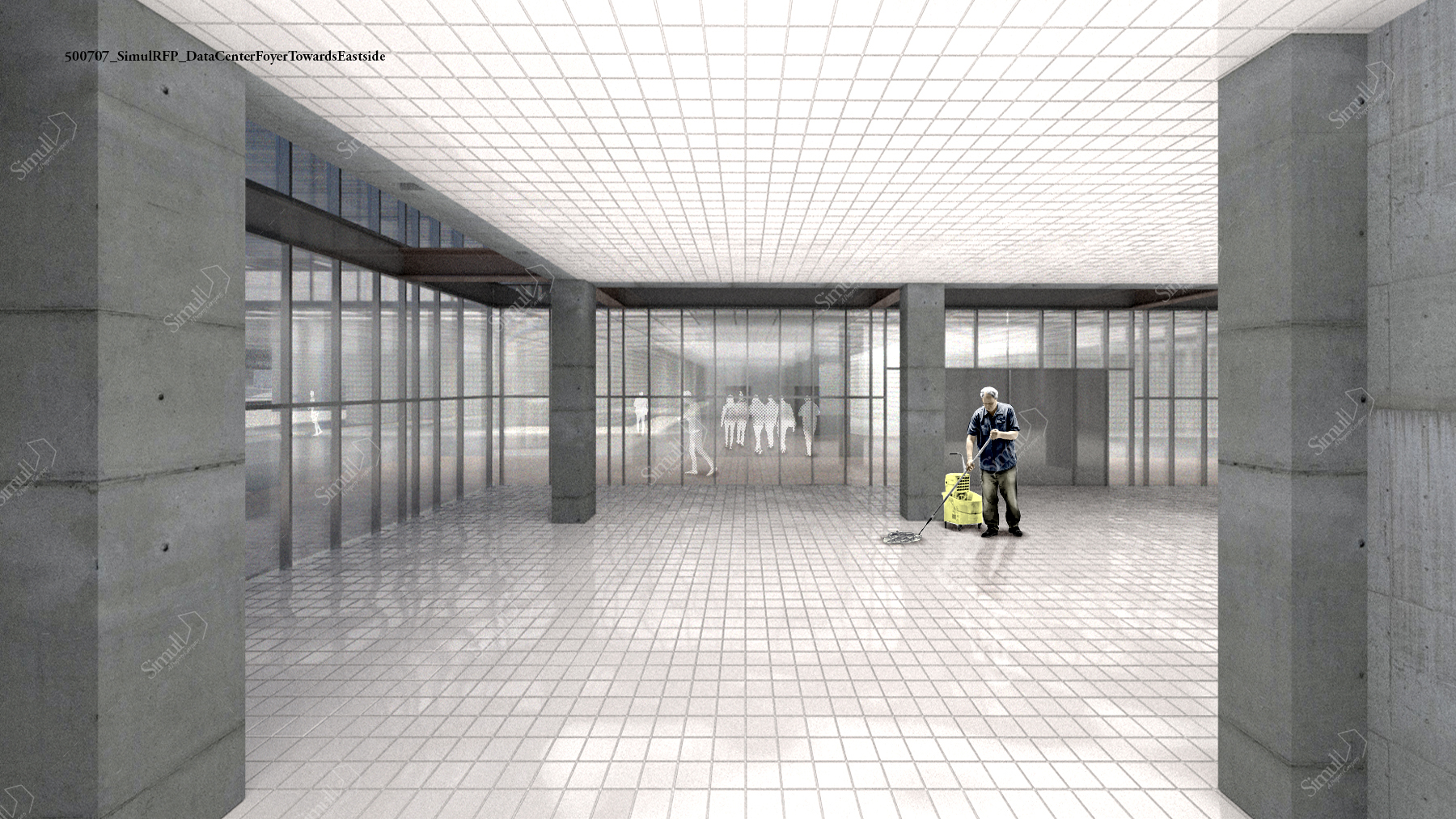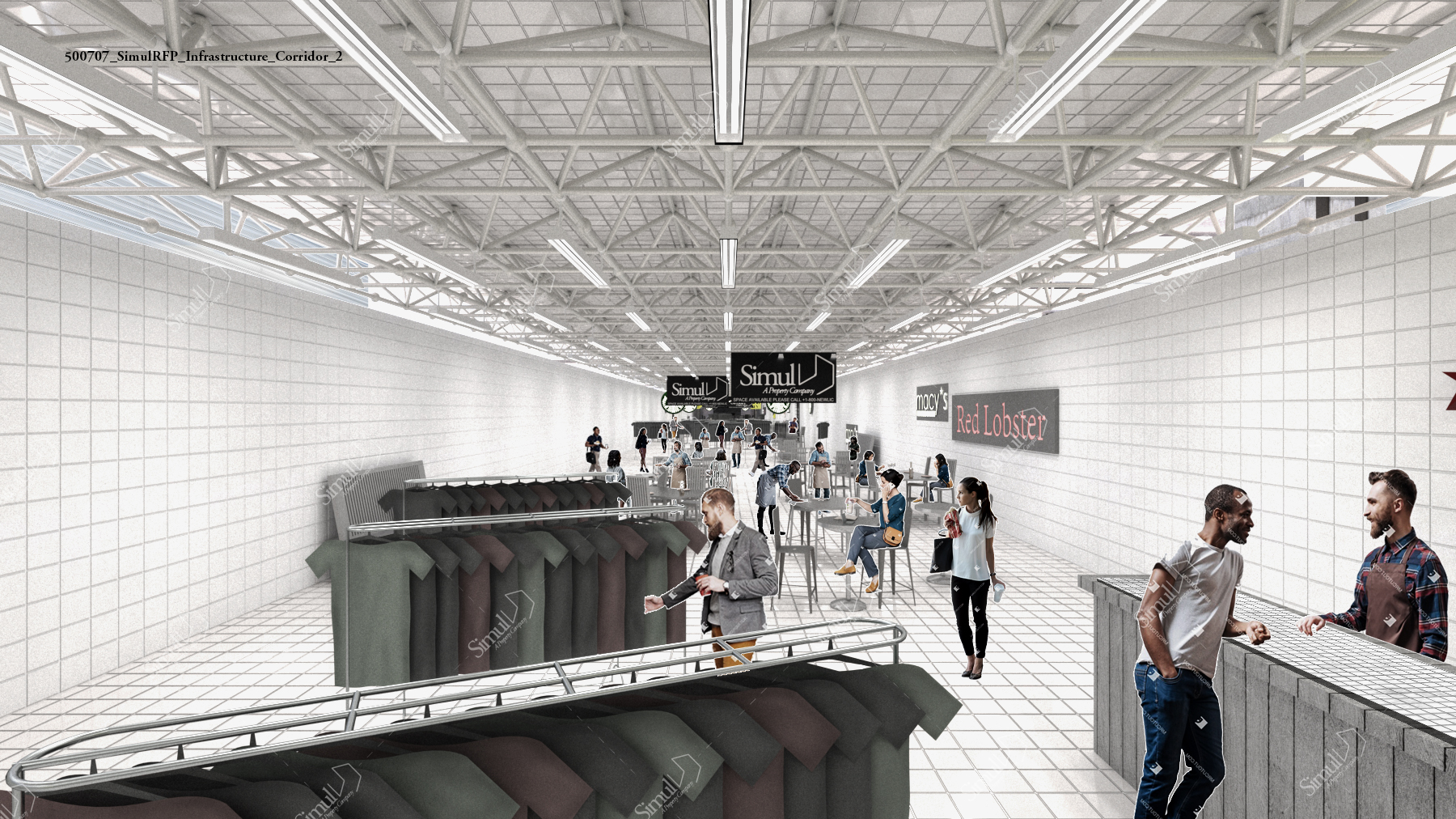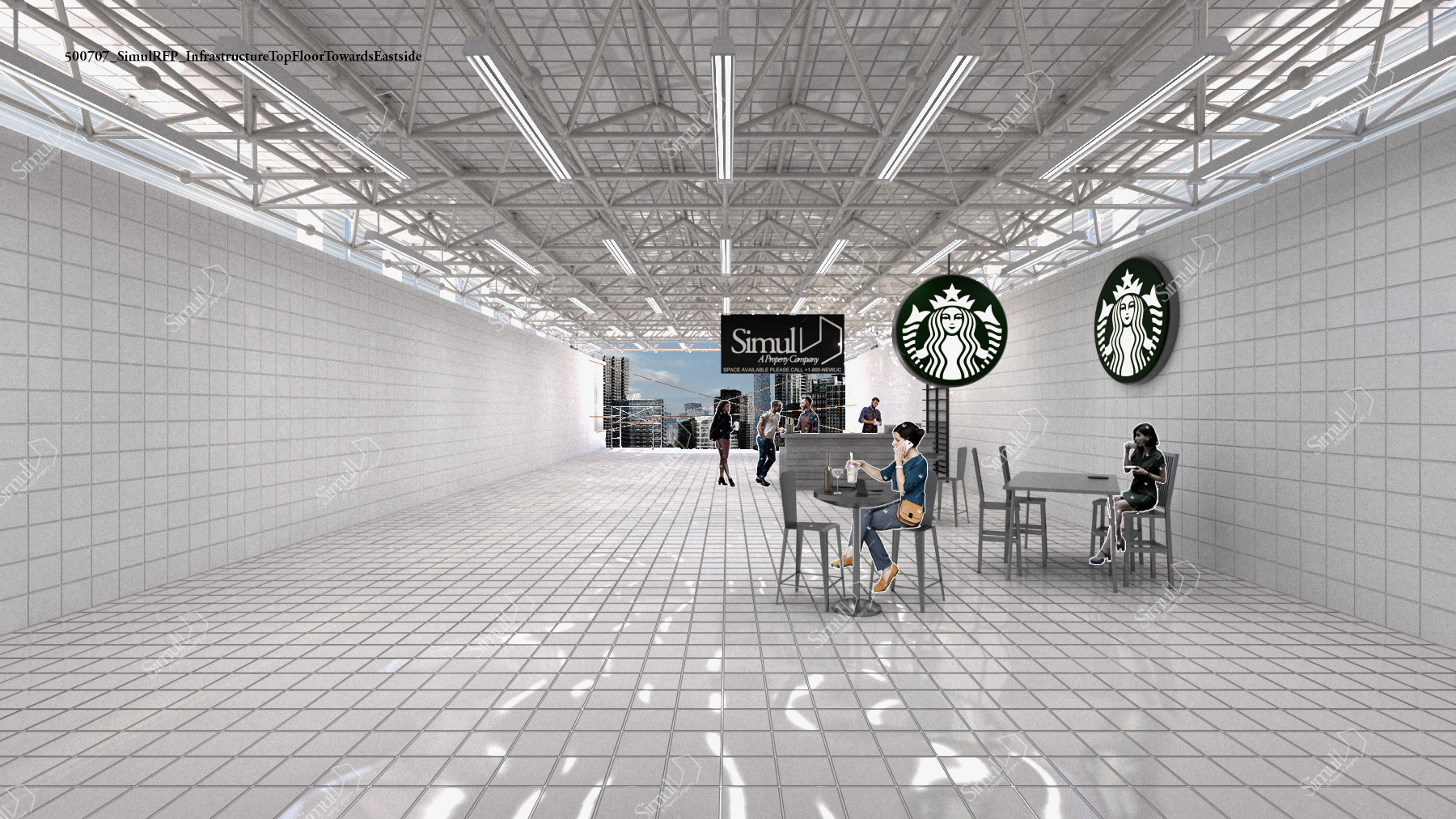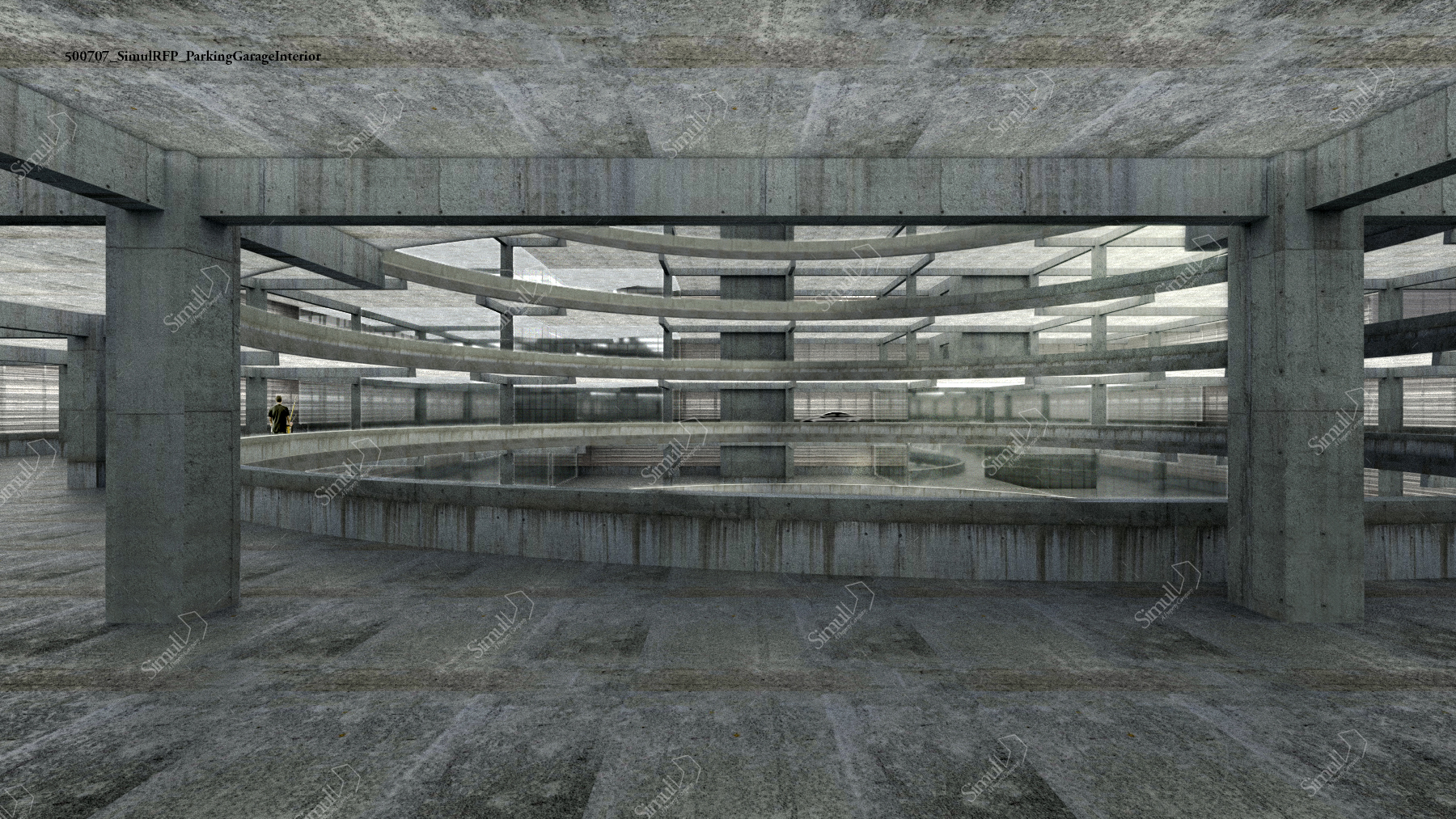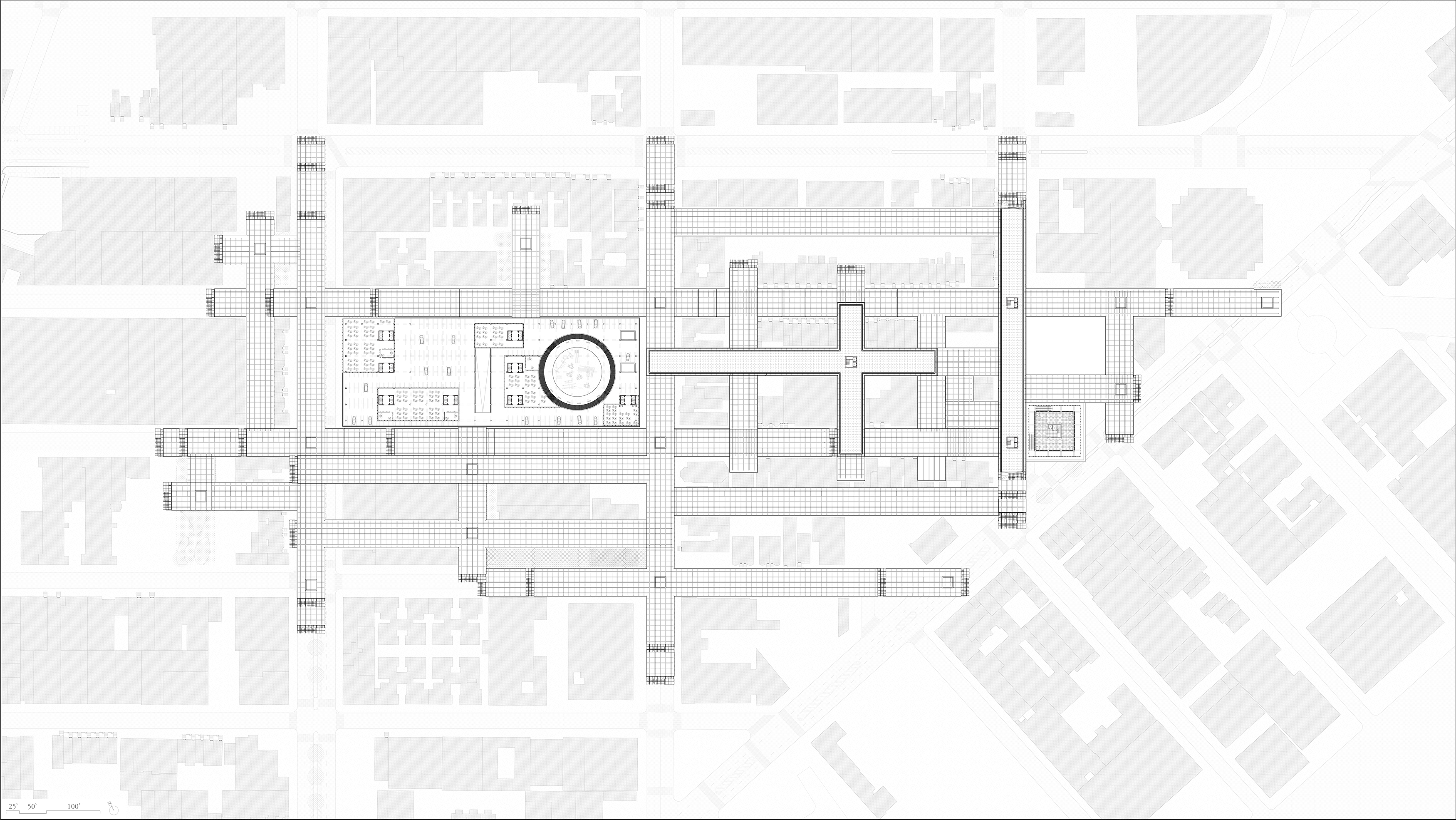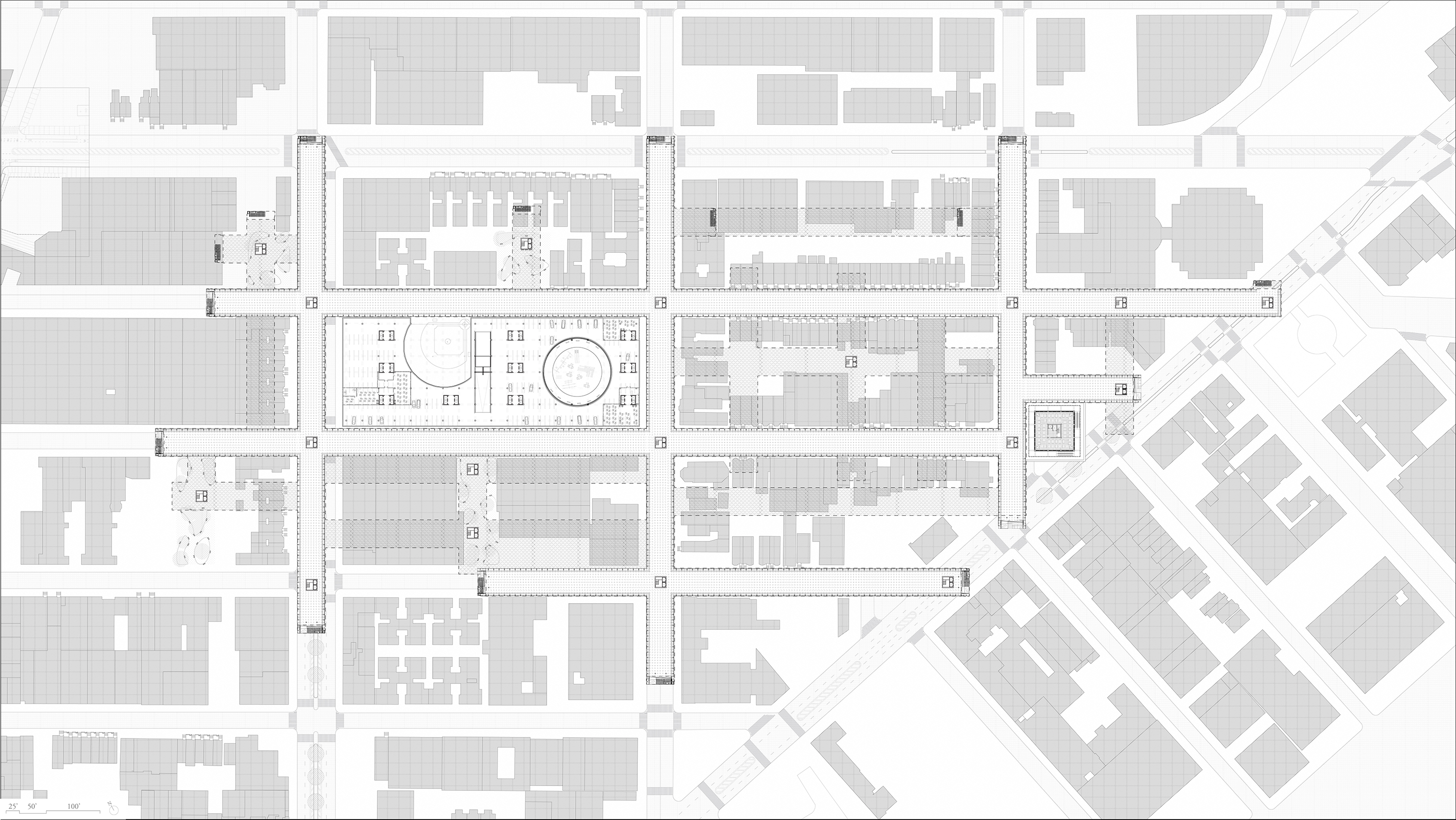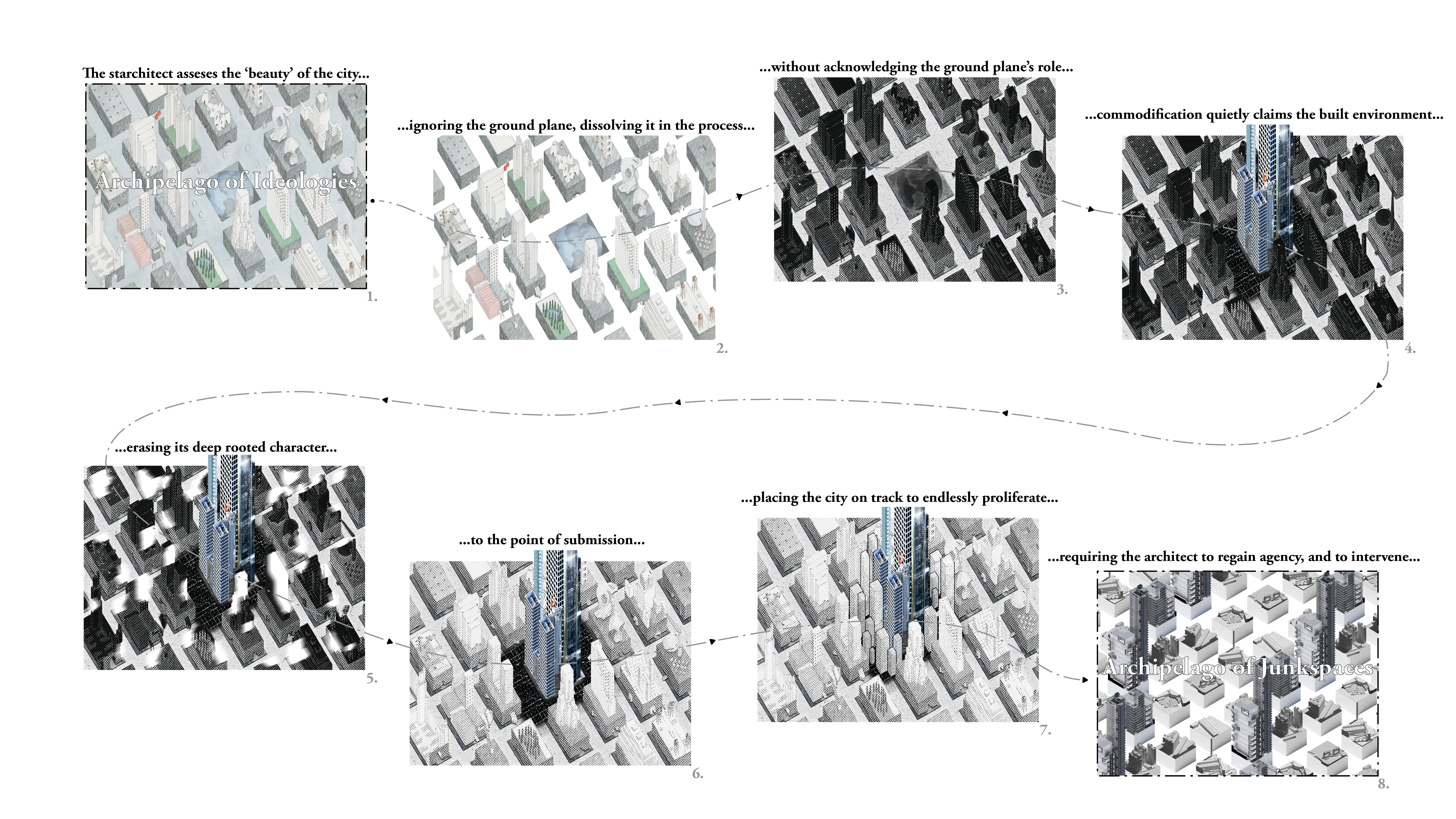Hyper-Junk
If presence is indeed the precondition to the political, as Hannah Arendt outlines in the human condition, then property is the infrastructure by which the economy goes from a collection of abstract ideas to embodied form, and therefore a political presence directly influencing human behavior and existence. Private property derives the built environment from profit centric means. setting the city at odds with its tenants.These tenants have a right to the city, a right to its development, and for people to have any hand in that private property needs to be critically reimagined.
Hyper-Junk is this critique, developed in earnest and with optimism, within a market where property is the primary orderer of people and the built environment alike.
note and specelate
elaborate and clarify
annotate and redact
document and abstract
build narrative
design (large scale)
design (small scale)
Concluding with; The aesthetics of Junkspace are not distant from the design profession. Harnessing their un-curated urban and formal strategies can inform a future for how to have design agency within the market, playing into its own paradoxical collapse. Developed in earnest, the thesis pursues only one route to regain this agency for the architect. Evaluating architecture’s autonomy from the market is the most fundamental question to be answered for the discipline currently, and requires equal parts rhetorical speculation and earnest, optimistic, developments. The market, and the resultant features of the built environment, are inevitable, the thesis engages this as something to exploit not lament.
Refresh page if images do not load
